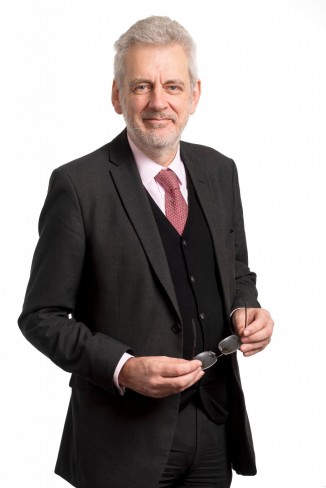
Charities and community groups of all shapes and sizes rely heavily on their volunteers to achieve their goals.
A volunteer will not normally work under an employment contract, and HMRC accept that the reimbursement of expenses incurred by volunteers in doing the work of the organisation, does not give rise to a tax bill.
This includes reimbursement of travelling between home and the place where the work is done.
Charities should remember that reimbursement, which is above cost incurred, or above HMRC approved scale rates for mileage, may mean the volunteer is regarded as receiving remuneration for their services. If so, the excess could be liable to tax as employment income.
There is also a subtle distinction between volunteers and casual employees. Volunteers are not obliged to turn up or do what they are asked – whether they are paid or not – whereas an employee has an obligation. If the charity uses casual employees, it must consider not only PAYE implications but National Minimum Wage.
Not-for-profit organisations sometimes pay honoraria to their office holders (Chairman, Treasurer etc.) as an acknowledgement that the individual provides valuable service to the organisation. The payment has no contractual basis and would usually be small in comparison to what a normal rate of pay would be for the duties being undertaken. Honoraria arise from the holding of an office, so HMRC regard the sums paid as being subject to PAYE and NIC. Organisations who pay honoraria to their volunteers should remember this obligation.
An often-overlooked scenario in relation to volunteers, is that whilst they may be entitled to claim reimbursement for expenses in respect of their work, they will often be prepared to forego those expenses to assist the charity.
Provided the right processes are followed volunteers who give up their entitlement to expenses can make use of Gift Aid to further benefit the charity.
Therefore, if an individual wants to forego their expenses, they cannot simply waive their entitlement. The charity must physically pay the expenses to the volunteer. The volunteer is then free to keep the money or pay, some or all of it back to the charity.
As normal, a valid Gift Aid declaration will be needed.
For more information please contact Robert Bailey, VAT Director at Bishop Fleming at rbailey@bishopfleming.co.uk
